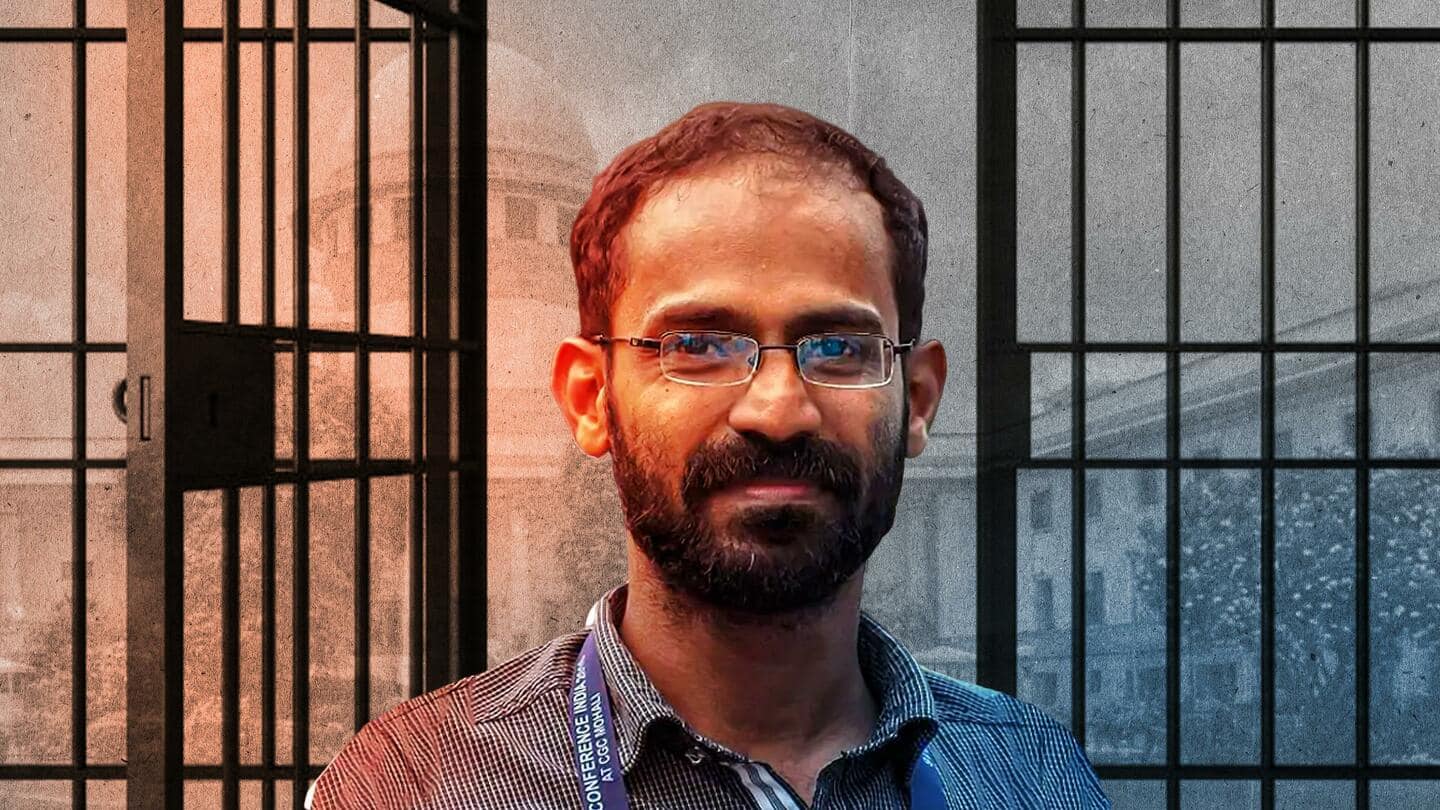
Kerala journalist Siddique Kappan walks free after over 2 years
What's the story
Kerala journalist Siddique Kappan, who was arrested on terror charges in 2020 while on his way to Hathras in Uttar Pradesh in the aftermath of a horrific gang rape and murder case there, was released from jail on Thursday after more than two years. The Lucknow Sessions Court signed his release order on Wednesday after he got bail in December last year.
Context
Why does this story matter?
The UP Police arrested Kappan in October 2020, while on his way to Hathras, where a Dalit woman (19) was gang-raped and murdered by upper-caste men. He was booked on terror charges for allegedly conspiring with the banned Popular Front of India (PFI) and money laundering. He was denied bail several times, but he maintained that he was innocent and was being framed.
Twitter Post
Two years were tough but I wasn't afraid: Kappan
I have come out of jail after 28 months. I want to thank the media for supporting me. False allegations were put against me. I am happy to be out now: Kerala journalist Siddique Kappan pic.twitter.com/ggumEzfF7l
— ANI (@ANI) February 2, 2023
Statement
Kept imprisoned despite getting bail: Kappan
After walking free, Kappan said, "I will continue my fight against draconian laws. They kept me in jail even after I got bail. I don't know who's benefiting from my being in jail." He was to be released yesterday but the judge of the Special Court of the Prevention of Money Laundering Act (PMLA) was busy with a bar council election.
Charges
Received bail in UAPA, PMLA case
He was accused of sedition under the anti-terror law Unlawful Activities (Prevention) Act (UAPA). The police claimed that he was headed to Hathras to create unrest. Later, in February 2022, the Enforcement Directorate (ED) lodged a money laundering case against him for allegedly receiving money from the PFI. He received bail in the UAPA case in September and in the PMLA case in December.
Hathras
Police allegedly tried to cover up the gang rape
Notably, the UP administration drew flak for its handling of the case. After the victim succumbed, the police refused permission for her family members to take the body home. The police then hurriedly cremated the body at night, against the family's wishes. The family alleged that they were threatened by the UP Police, which had earlier denied the now-proven allegations of gang rape.